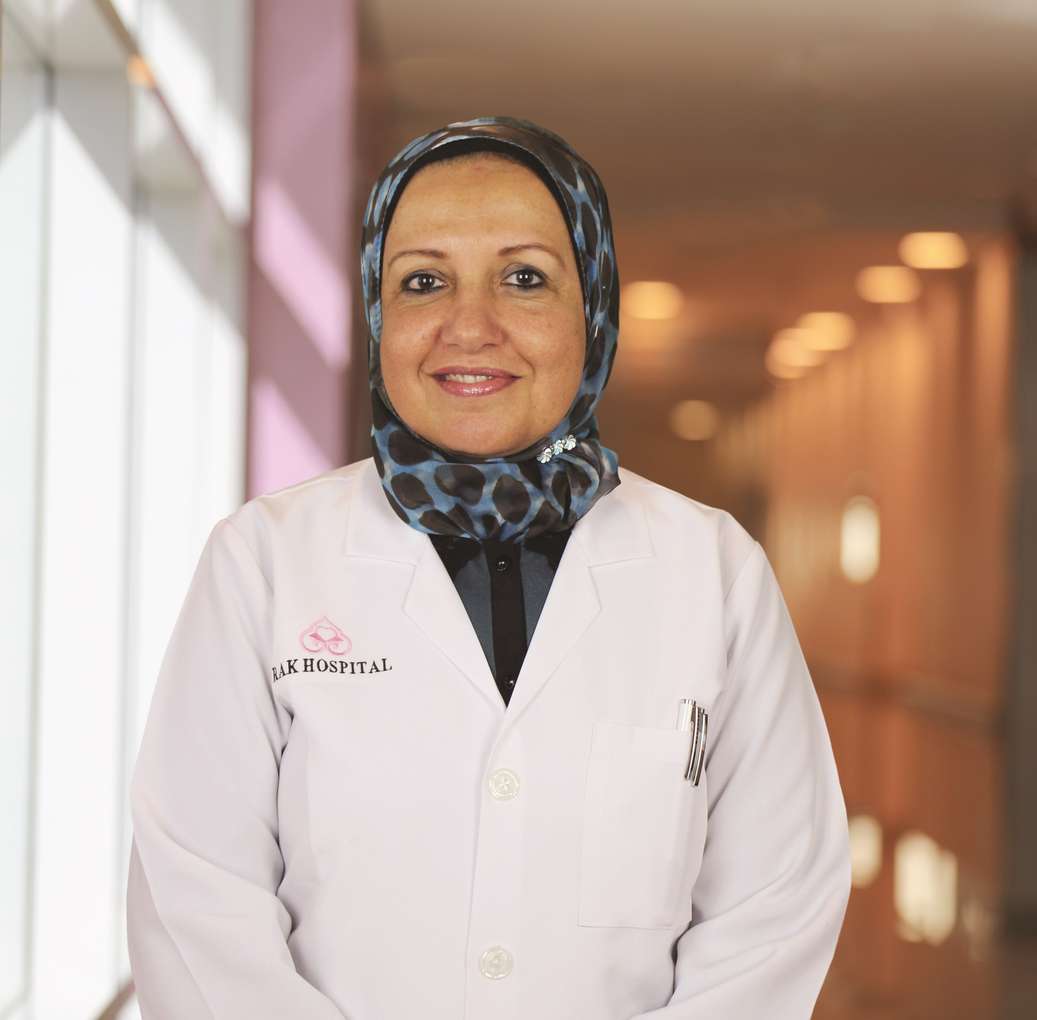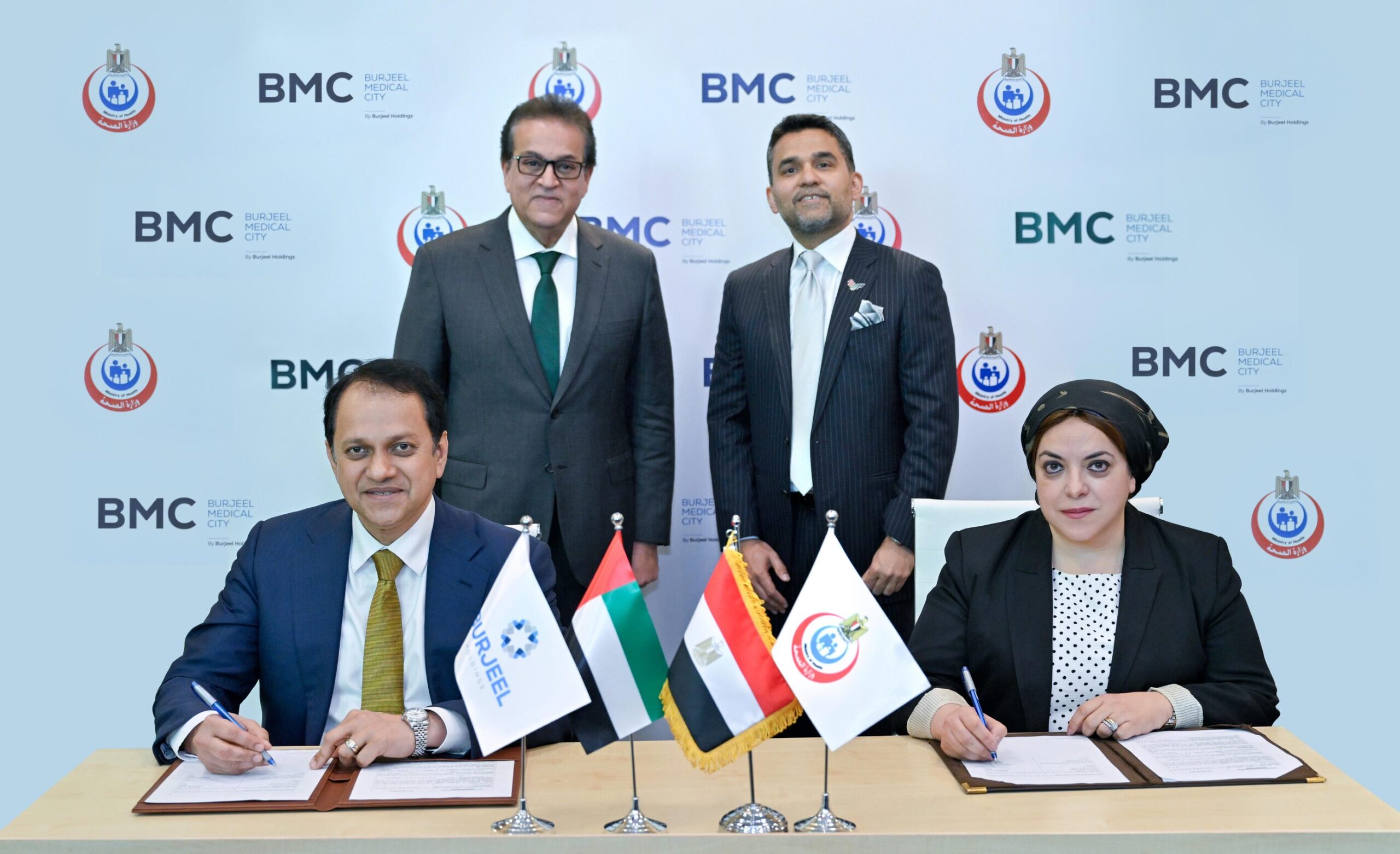Ras Al Khaimah, UAE, 23 Jan 2023: RAK Hospital, in its ongoing commitment to fostering health awareness and wellbeing, conducted the third installment of the OBEFIT webinar series. The webinar, titled ‘Obesity a Health Syndrome,’ featured Dr. Hala Hamdy, Head of the Department of Endocrinology at RAK Hospital, as the key speaker. The session aimed at enlightening participants in the RAK Biggest Weight Loss Challenge 2024 on the complexities of obesity and providing strategic insights for effective management.
Dr. Hala brought attention to the pressing global issue of obesity, revealing that over 30% of the global population is presently classified as overweight or obese. This alarming statistic directly contributes to four million deaths annually. Furthermore, predictions indicate that by 2030, half of the global population could be grappling with excess weight. Despite being officially declared a disease in 2013 by the American Medical Association, only a mere 20% of obese individuals seek medical intervention, even though obesity stands as a primary risk factor for several life-threatening diseases.
Various causes of obesity were explored, ranging from genetic predisposition and family history to sedentary lifestyles, poor dietary choices, and certain medications. Dr. Hala emphasized the modifiable nature of genetic factors, citing a moderate diet and an active lifestyle as potential mitigating strategies.
The endocrine society, of which Dr. Hala is a member, advocates a comprehensive three-step approach as the standard of care for managing obesity. Firstly, irrespective of the case, adherence to the principles of a healthy lifestyle is paramount. This encompasses maintaining a moderate diet, engaging in daily exercise and physical activity, and ensuring sufficient rest, relaxation, and sleep. Secondly, for individuals classified as obese with a BMI above 30, unable to achieve a minimum 10% reduction in body weight through adherence to healthy lifestyle practices, and presenting with one or two medical comorbidities, pharmacotherapy is recommended. Thirdly, for individuals with a BMI of above 40, coupled with one or two comorbidities, and experiencing a compromised quality of life due to obesity, the endocrine society suggests the surgical remedy of bariatric surgery as an effective intervention.
In her discussion on obesity, Dr. Hala focused on the perspective of pharmacotherapy and medical management. She highlighted the intricate role of the body’s hormones in regulating hunger. Specifically, she explained that the Ghrelin hormone, originating from the stomach, activates hunger, while the Leptin hormone, derived from the body’s fat tissues, regulates and diminishes appetite.
Additionally, Dr. Hala pointed out that the dopamine hormone in the brain induces hunger pangs, whereas the serotonin hormone released from the gut suppresses hunger. The thyroid hormone, responsible for regulating metabolism and influencing weight gain or loss, was also underscored.
Dr. Hala emphasized that the malfunction of these hormonal systems, often due to factors like stress, tumor growth, or diabetes, plays a crucial role in the development of obesity. Medications provided for the management of obesity aim to address these hormonal imbalances by regulating food cravings, suppressing hunger, increasing metabolism, enhancing satiety and fullness, and reducing food absorption. She noted that a well-managed pharmacotherapy solution has the potential to achieve a significant reduction in obesity, often exceeding 20% of body weight.
For individuals with a BMI above 40 and impaired quality of life, bariatric surgery emerged as the most permanent remedy. Various surgical options were discussed, including the Intra Gastric Balloon introduced in 1985.
Dr. Hala concluded with a caution against the doubtful benefits of liposuction and dietary supplements. Her key recommendations included annual screenings, lifelong lifestyle management, popularizing pharmacotherapy for cases with a BMI above 30, and recommending surgery for cases of BMI above 40.
The informative webinar concluded with a commitment to empowering individuals in their weight loss journey and promoting a healthier lifestyle. For more information on RAK Biggest Weight Loss Challenge 2024 and to attend upcoming webinars, please visit https://www.rakweightlosschallenge.com








